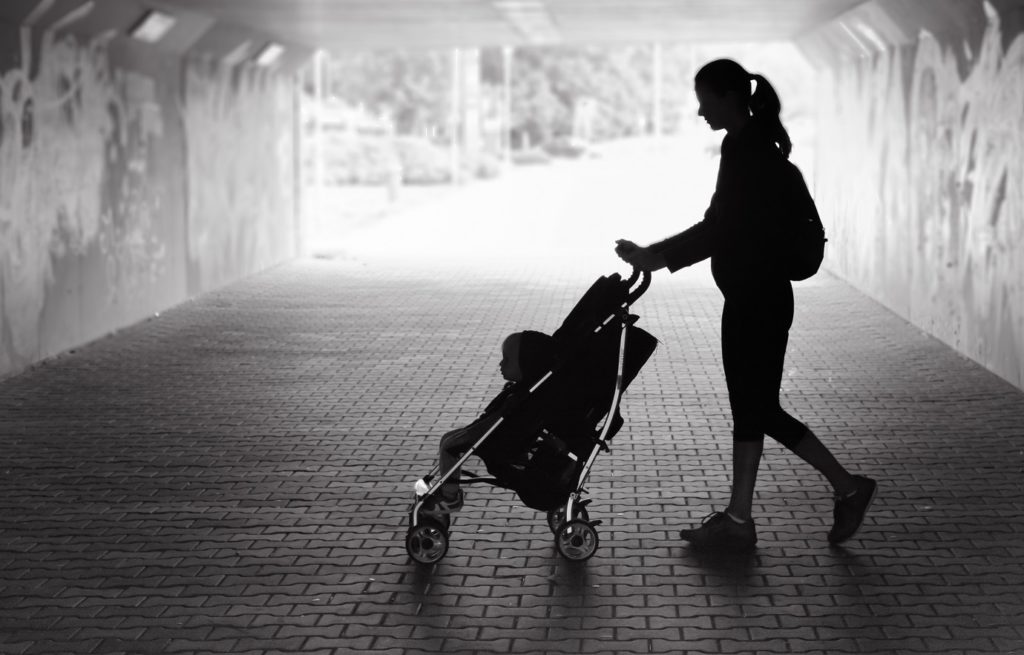A survey of more than 1000 women on low-moderate incomes has returned startling results on the extent, causes and impact of homelessness and housing affordability in regional Australia.
The YWCA National Housing’s new report, Women’s Housing Needs in Regional Australia (Women’s Housing Needs), illustrates the impacts widely experienced by young women in regional Australia.
Women’s Housing Needs found that Gen Z (born 1995-2009) and Gen Y (born 1980-1994) are the most stressed generation when it comes to housing, finance, wellbeing and safety.
Three out of 10 young women surveyed by YWCA reported feeling stressed about housing and say their mental health and wellbeing is often further impacted because of their housing and/or financial situation.
Young women reported experiencing greater housing instability and financial hardship compared to women in other age groups. Of those surveyed, 25% of Gen Z and 20% of Gen Y reported being homeless in the past five years, compared with 5% of Boomers (born 1946-1964).
1.8% of Gen Z and 3.2% of Gen Y surveyed through Women’s Housing Needs are currently homeless. These numbers are startlingly high, given that the 2016 Census only recorded 0.4% of all women in Australia experiencing homelessness on Census night.
Women’s Housing Needs indicates young women in regional areas are most likely to live in unsuitable housing and be stressed about housing costs. This isn’t surprising after two separate 2018 reports found that 64% of those on Youth Allowance are living below the poverty line and that only 0.01% of rental properties surveyed around the country were affordable and appropriate for a single person on Youth Allowance.
These findings are supported in Women’s Housing Needs, with over half of all Gen Z and Gen Y reported they had asked for financial help from friends or family in the past 12 months compared to 22% of Boomers.
“I have accepted that I may never own my own home. I think it’s become a fact of life for young people. More terrifyingly, if I’m renting long-term and was to lose my job or not be able to work for a period of time, I would struggle to pay rent.”
YWCA Young Women’s Council member, ACT
Housing suitability, security, safety and stability is crucial in supporting the health and wellbeing of women, as well as their ongoing employment, education, and social inclusion. However, Women’s Housing Needs reports that over one in five Gen Y and one in four Gen Z say that their current housing situation is not suitable or appropriate for them. 56% of Gen Z young women said mental health issues had impacted on their financial and housing situation.
“I think the instability of housing, the competitiveness of the rental market and how unattainable home ownership is, is a frightening reality for young people. Mental health issues and domestic violence are some of the leading causes of homelessness for women. There needs to be more intervention services before young people become homeless and targeted support services for these groups when they become homeless.”
YWCA Young Women’s Council member, ACT
Housing and financial stresses are likely to be felt more severely by Aboriginal and/or Torres Strait Islander young woman. Of the Aboriginal and/or Torres Strait Islander women surveyed in Women’s Housing Needs, 31% had been homeless at some point in the last five years, compared to 19% of non-Indigenous women.
“Many young Aboriginal people in the Northern Territory do not have safe homes to return to during the COVID-19 pandemic due to a variety of issues including overcrowding, domestic violence and substance abuse – we need to ensure everyone has a safe space.”
YWCA Young Women’s Council member, Northern Territory
The need for financial and housing security is particularly crucial during the COVID-19 crisis. Women are disproportionately impacted during natural disasters and pandemics, and young women are already feeling the brunt of the impact of COVID-19. Experiences of disrupted employment, increases in family violence and strained social services are amplified in regional areas where support and housing services may already be limited, and funding is strained.
“As a young woman with a migrant/refugee background, this time is a fearful time for many of my sisters who are new migrants and refugees. With no stimulus package, young migrant and refugee women will be even more financially vulnerable and their emotional, physical and mental health is at significant risk.”
YWCA Young Women’s Council member, Western Australia
It is important to put a gender lens on homelessness in Australia. Women are more likely to experience homelessness due to a range of factors including gender-based financial inequality, caring responsibilities resulting in reduced participation in the workforce, and experiences of domestic and family violence (DFV).
Almost one in four women in Women’s Housing Needs stated their financial and housing situation had at some point been impacted by domestic violence. DFV is also the key driver of homelessness for women in Australia, and the rates of DFV are predicted to increase during and after the COVID-19 crisis. YWCA’s DFV, housing and homelessness services are predicting a significant increase in the number of women seeking DFV and housing support over coming months.
To address current housing needs and anticipate future housing needs, there needs to be greater partnerships between government, community and the private sector to increase the supply of social and affordable housing options in regional Australia, dedicated funding to increase gender equality through DFV prevention and response, a commitment to reducing the gender pay gap in regional Australia and a national plan for supporting young women with leadership pathways and opportunities.
To read the full Women’s Housing Needs report, visit www.ywcahousing.org.au/research.


